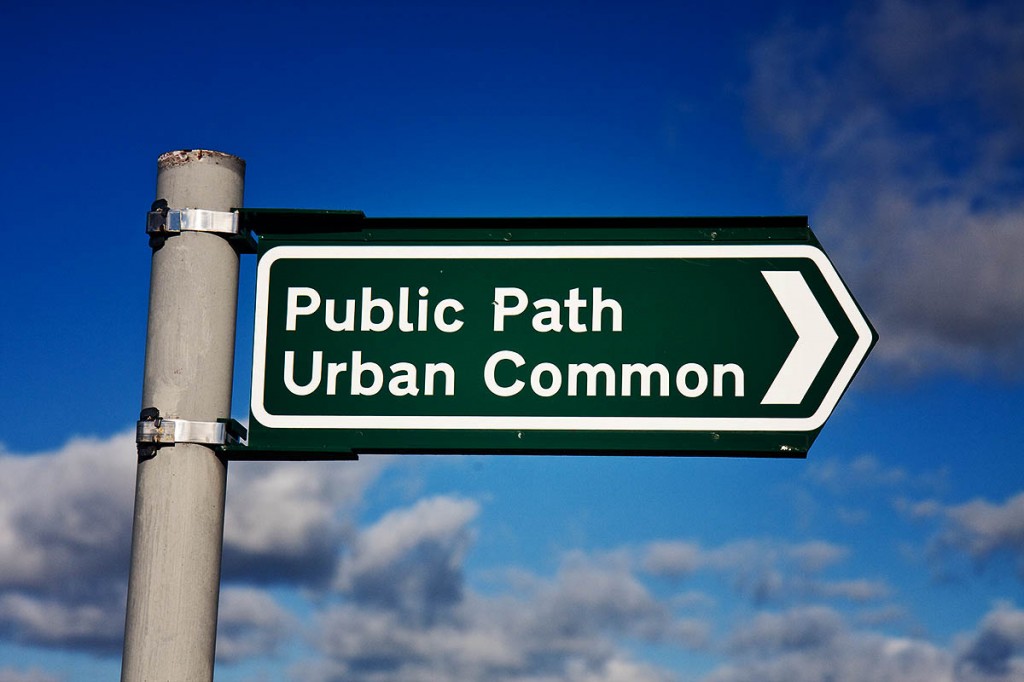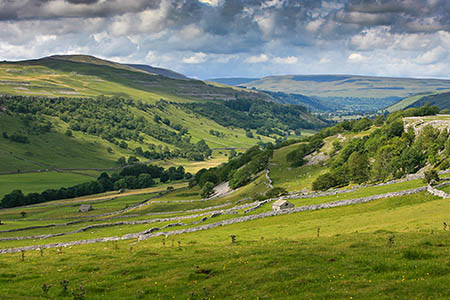Campaigners say walkers will have the chance to open up previously closed stretches of land.
The Open Spaces Society is urging outdoor enthusiasts to win back the right to walk on commons which were lost decades ago.
Two new areas are being added to a list of seven ‘pioneer’ areas in England where commons can be put back on a register from tomorrow under an act passed by the last Government. This would mean the public has the right to walk and, in some cases, ride a horse on the land.
From Monday, North Yorkshire and Cumbria are being added to the areas where the Commons Act provisions will apply for ‘lost commons’.
The OSS said the Commons Registration Act 1965 required all commons to be registered but only allowed three years for this to be done. In 1970 the registers closed and commons which were left off ceased to be common land in law. Now in some parts of England anyone can apply for wrongly excluded land to be restored to the register.
The society is encouraging people to claim commons. Case officer Nicola Hodgson said: “It’s well worth claiming commons because once land is registered we win the right to walk, there – if it has not already been mapped as access land – and there may be new rights to ride too. Furthermore the land is protected from development and enclosure.”
In Cumbria there are potential commons at Irthington, Hethersgill, the Solway Coast, Bassenthwaite, Seatoller Fell and Fawcett Forest, to name a few.
Ian Brodie, who advised the society on the bill which became the Commons Act 2006 and is a former director of Friends of the Lake District, now acts as a consultant to FLD and the Open Spaces Society.
Together with the Friends, he hopes to make applications. He said: “This long-awaited opportunity for the people of Cumbria to regain their cultural heritage is one we can ill afford to miss.
“Some landowners were pleased at the under-registration of common land in the county during the original process but this failure to register prevented people from gaining access to some excellent sites.
“Now is the welcome chance to correct past errors.”
In North Yorkshire potential areas include the North York Moors, Hurst Moor, Swaledale and Wensleydale, Coverdale, Nidderdale and Wharfedale.
“The application is made to the county or unitary authority and the applicant must submit evidence to show that the land was ‘waste of the manor’, ie open, uncultivated and unoccupied at the date of the application.
Other pioneer areas are: Blackburn with Darwen, Cornwall, Devon, Hereford, Hertfordshire, Kent and Lancashire. The 2006 act has not yet been implemented at all in Wales.
Ms Hodgson said: ‘In Cornwall, where part 1 of the Commons Act has been in force since 2008, there have been several successful applications.
“Some of this land had already been mapped as access land but now that it is registered as common it is also protected from development.
“But it’s not all good news. Part 1 of the Commons Act also allows landowners to apply to remove commons from the register if they can prove an error was made in the past, or that the land is within the curtilage of their properties.
“The Government has decided to implement this part of the act throughout England, whereas we can only apply to claim land in the seven pioneer areas plus Cumbria and North Yorkshire.
“We have argued that this is unfair to the public and will continue to press for full implementation throughout England.”
The OSS said research shows that, in England and Wales, about 1,900 sq km of land could be re-registered, of which some 600 sq km are in northern England. It added that in the existing seven pioneer areas, there are still 260 sq km that could be re-registered.

